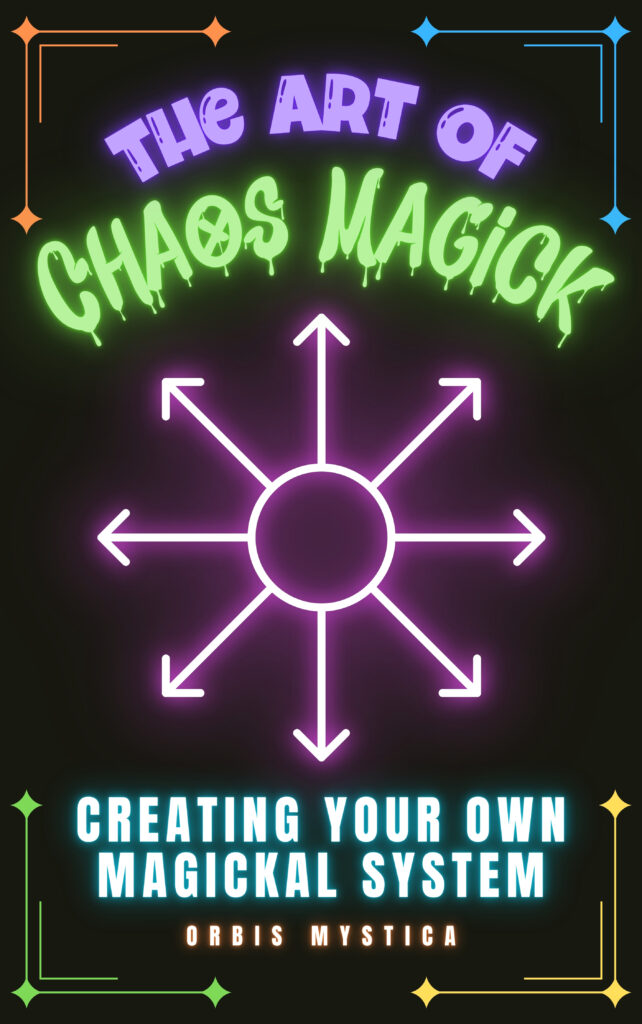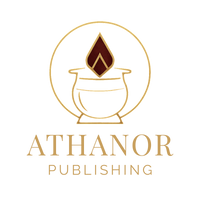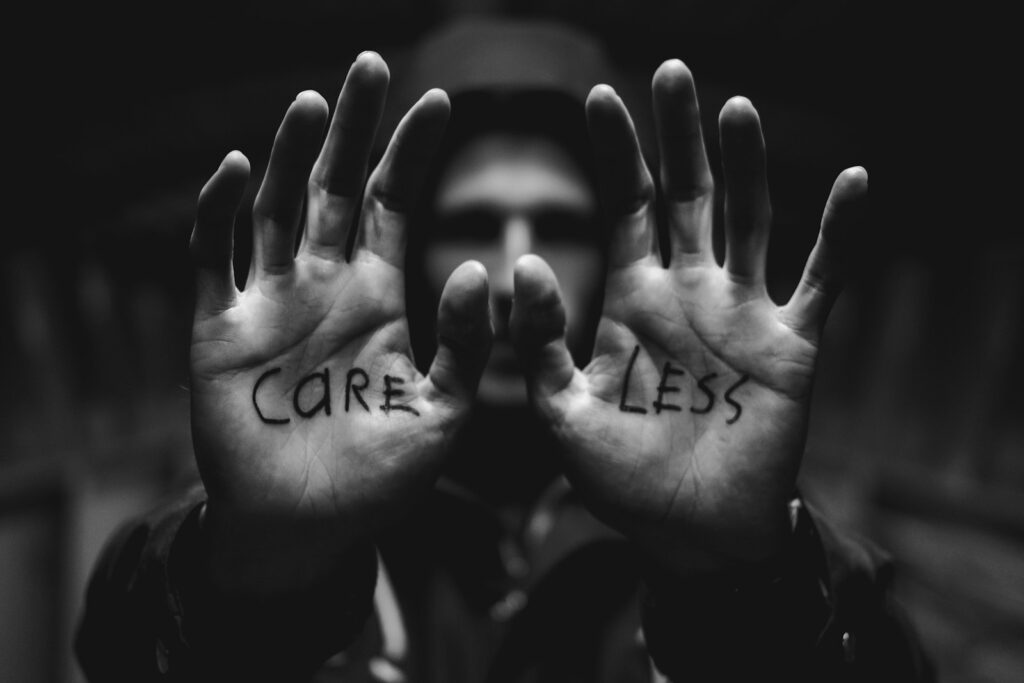Chaos magick is not comfortable. It does not soothe, reassure, or wrap itself in ceremonial tradition. It strips the world down to raw possibility. And at the center of its philosophy sits one phrase that terrifies as much as it liberates: “Nothing is true, everything is permitted.”
To the uninitiated, this sounds like nihilism — a license for chaos in its worst sense: lawlessness, moral decay, destruction without restraint. But within the current of chaos magick, the phrase is not an invitation to empty hedonism. It is a dangerous truth. It dismantles the illusion of certainty, forces you to confront the fragility of belief, and hands you terrifying freedom.
The danger lies not in its emptiness, but in its potency.
Where the Phrase Comes From
The origins of “Nothing is true, everything is permitted” are often attributed to Hassan-i Sabbah, the legendary leader of the medieval Order of Assassins. Later, it was adopted by occultists and popularised in modern chaos magick as both mantra and warning.
It is not a declaration that reality itself doesn’t exist. It is a recognition that truth, as humans define it, is always constructed. Beliefs are scaffolds, not foundations. Cultures, religions, sciences, ideologies — all are temporary frameworks we treat as eternal. Chaos magick dares to admit what most cannot bear: those truths are provisional fictions.
Once you see that, you are free. And freedom terrifies.
Why Truth Is the Most Addictive Drug
Humans crave certainty the way addicts crave their fix. To know that something is “true” gives the illusion of safety, order, and permanence. It soothes the chaos of existence. But this craving for truth becomes a prison. People will kill, betray, or destroy themselves to defend the truths they’ve inherited.
Chaos magick shatters that addiction. By declaring “Nothing is true,” it rips the fix away. It forces you to stare into the abyss: there is no bedrock, only shifting currents of interpretation. Every “truth” you cling to is an agreement, a consensus, a fiction propped up by repetition.
The withdrawal from this drug is brutal. Many never recover. Some spiral into despair. But those who endure discover something else: permission.
The Permission That Terrifies
“Everything is permitted” does not mean every action is without consequence. It means no cosmic law prevents you from attempting. You are permitted to invent gods and worship them — or discard them. You are permitted to rewrite rituals, to blend traditions, to treat fiction as fuel for magick. The universe will not smite you for breaking rules; it will simply respond to your actions with results.
This is dangerous because it removes excuses. You cannot hide behind “the rules say so,” or “tradition requires this.” You are free to act, but you are also responsible for what you unleash. Permission without accountability is chaos in the destructive sense. Permission with accountability is chaos in the creative sense.
Belief as Tool, Not Cage
In chaos magick, belief is not truth — it is technology. You adopt a belief system as a mask, a temporary operating system, knowing it is not ultimate. You wear the belief until it gives you results, then you discard it.
This is the alchemy behind “Nothing is true.” You stop treating beliefs as prisons. You begin treating them as weapons, keys, and vehicles. But to do this requires ruthless self-awareness. Without it, you risk being possessed by the very mask you intended to discard.
The Danger of Misuse
The most dangerous thing about the phrase is not its emptiness, but its misuse. Those who hear “Nothing is true, everything is permitted” as license to exploit, harm, or dominate quickly discover that permission is not protection. Actions ripple. The magick you unleash returns amplified. Reckless chaos magicians burn themselves out in a storm of consequence.
The mature chaos magician learns that permission without discernment is self-destruction.
The Psychological Abyss
Psychologically, the phrase destabilises identity. If nothing is true, then who are you? Every identity, every persona, every value you cling to is revealed as mutable. The ego recoils at this. It wants solidity, continuity, permanence. To discover that even “you” is a fiction can trigger existential dread.
This is why the phrase is initiation. Survive the abyss, and you become unshakable. Collapse into it, and you dissolve.
The Freedom That Remains
When the dust clears, what remains is not nihilism but sovereignty. If nothing is true, then you are free to create meaning. If everything is permitted, then you are free to design your own magickal system, to invent your gods, to reforge your fate.
This is why the phrase is dangerous: it hands you terrifying power. It places authorship back into your hands. You are not bound by old truths, but you can no longer use them as excuses. You are free, and therefore accountable.
Chaos as Discipline
Ironically, to live by “Nothing is true, everything is permitted” requires more discipline, not less. Without discipline, you drown in limitless possibility. With discipline, you surf it. Chaos magicians train themselves to shift belief at will, to move between paradigms fluidly, to remain grounded while walking in illusions.
This discipline separates chaos magick from mere rebellion. An anarchist may destroy rules. A chaos magician uses rules as tools — and then discards them.
Why It Remains the Core
Of all the aphorisms in occult philosophy, this one remains the most feared and the most liberating. It is feared because it dissolves certainty. It is liberating because it restores authorship. It is dangerous because it hands raw power to those who may not be ready to wield it.
It is the most dangerous truth in chaos magick because it is not philosophy. It is praxis. To live it is to dismantle illusion every day and to build meaning deliberately. It is to carry both the terror of the abyss and the ecstasy of sovereignty.
The Razor’s Edge

“Nothing is true, everything is permitted” is not a slogan for chaos. It is a razor’s edge. Walk it consciously, and you become sovereign, flexible, unshakable. Walk it recklessly, and you destroy yourself.
This is why The Art of Chaos Magick insists on this phrase as both danger and key. It is not to be mouthed lightly. It is to be lived — carefully, courageously, creatively.
Because when you finally accept it, you are free.

